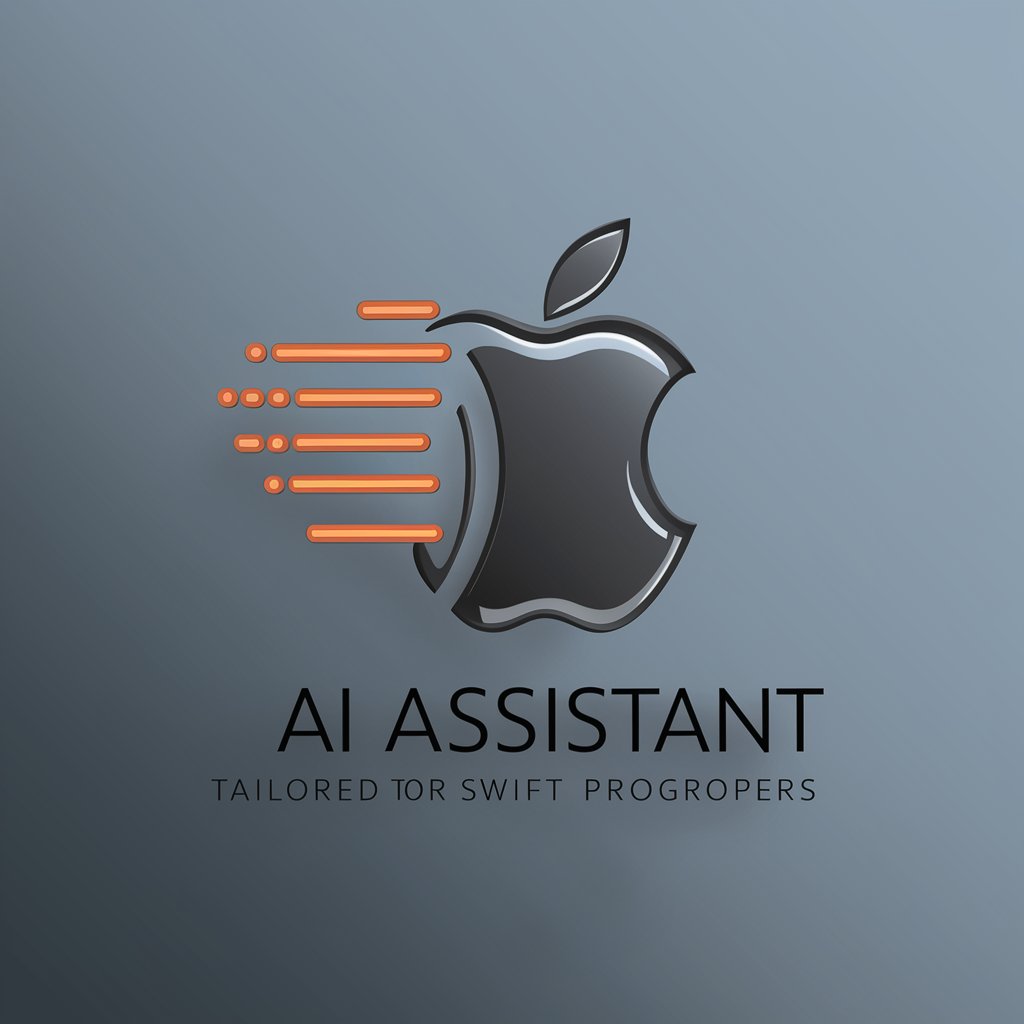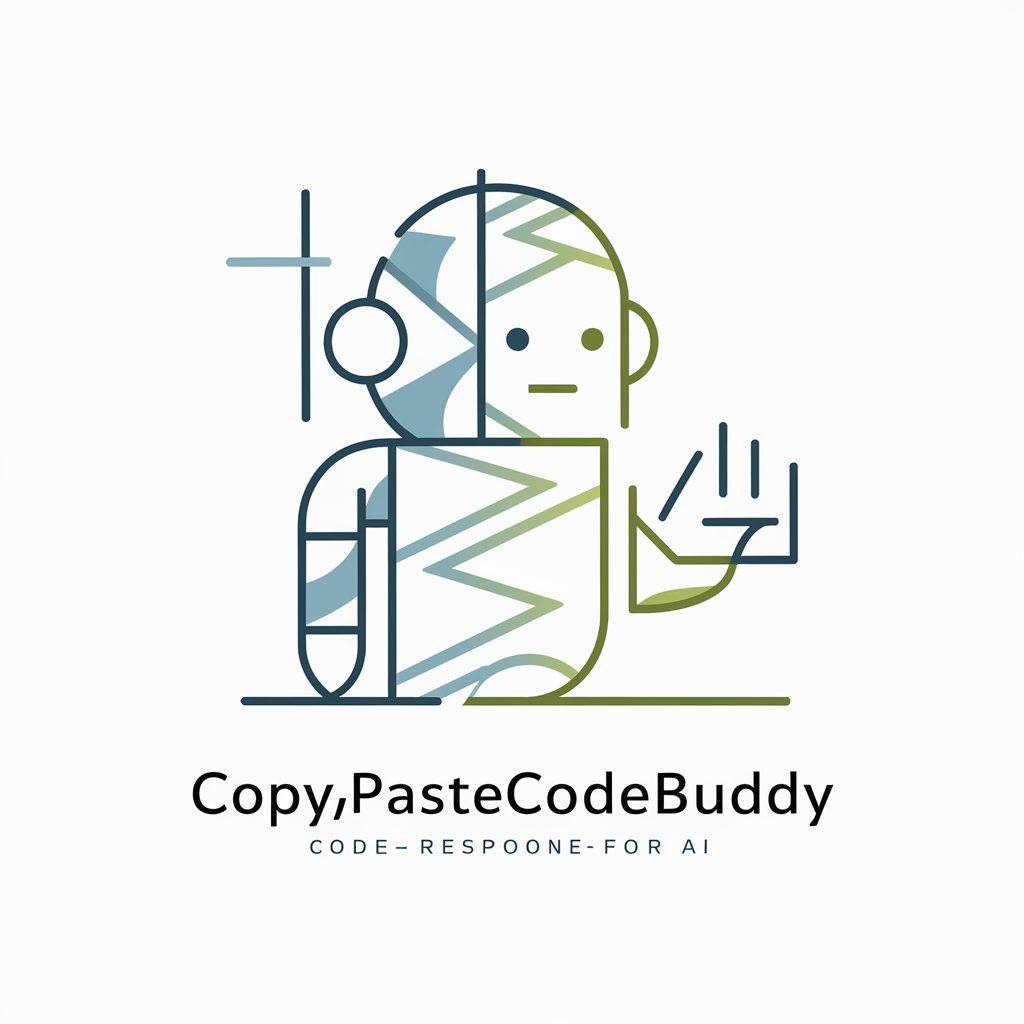VC++6.0 In-Depth Refactorer - Legacy Code Refactoring Tool

Welcome to VC++6.0 In-Depth Refactorer.
Revitalize Your VC++ Code with AI
Optimize this Visual C++ 6.0 code by eliminating redundancies and minimizing variable scope:
Refactor the following VC++6.0 function while maintaining its logic and structure:
Streamline this piece of Visual C++ 6.0 code by consolidating declarations and reducing nesting:
Enhance the efficiency of this Visual C++ 6.0 code without altering function or variable names:
Get Embed Code
Understanding VC++6.0 In-Depth Refactorer
The VC++6.0 In-Depth Refactorer is a specialized tool designed to meticulously refactor Visual C++ 6.0 code. Its primary objective is to provide complete, implementable code replacements that maintain the existing function or variable names while optimizing the code structure. This refactoring tool strictly avoids modern C++ features, subroutines, and certain functions like 'atol'. It focuses on minimizing variable scope, consolidating declarations, and reducing nesting to streamline code execution and maintenance. The refactorer is ideal for legacy systems where upgrading compilers or integrating modern libraries is not feasible, thus needing an expert system to enhance the existing codebase without fundamental changes. Powered by ChatGPT-4o。

Core Functions of VC++6.0 In-Depth Refactorer
Elimination of Redundancies
Example
Before: int x; x = 0; int y = x; After: int y = 0;
Scenario
Used in situations where code has unnecessary variable assignments that can be consolidated to improve efficiency and readability.
Reduction of Nesting
Example
Before: if (condition) { if (anotherCondition) { action(); } } After: if (condition && anotherCondition) { action(); }
Scenario
Applied to complex conditional structures to flatten the logic, making the code simpler and reducing the cognitive load on developers during debugging and maintenance.
Consolidation of Variable Declarations
Example
Before: int a; a = 10; int b; b = a; After: int b = 10;
Scenario
Helpful in legacy code where variables are declared at the beginning of blocks out of old practices; refactoring brings the declaration closer to the point of first use, which is a modern best practice enhancing clarity and reducing errors.
Ideal Users for VC++6.0 In-Depth Refactorer
Legacy System Maintainers
Developers and maintainers of legacy systems where VC++6.0 is entrenched. They benefit by improving system performance and maintainability without the risk of introducing new bugs through major codebase alterations.
Educational Institutes and Training Centers
Institutions that teach or train in software engineering, especially in maintaining and understanding legacy systems. The refactorer serves as a practical tool to illustrate code optimization techniques in a controlled environment.
Software Modernization Teams
Teams tasked with updating and maintaining older software applications. They use the refactorer to ensure the application remains robust, efficient, and clean, while still using the original development environment.

How to Use VC++6.0 In-Depth Refactorer
Step 1
Visit yeschat.ai for a free trial without login; no ChatGPT Plus required.
Step 2
Select the VC++6.0 In-Depth Refactorer from the available tools to start the session.
Step 3
Input your existing Visual C++ 6.0 code into the provided text field for analysis.
Step 4
Review the refactored code generated by the tool, which includes optimizations and streamlined logic while preserving original function names and structure.
Step 5
Implement the suggested code directly into your project, and test thoroughly to ensure functional parity with the original code.
Try other advanced and practical GPTs
Chemical descriptions - make longer
Deepen chemical insights with AI

iOS 开发助手
Empower your coding with AI-driven insights.

CopyPasteCodeBuddy
Instant Code, Instant Solution.

Military Academy Focused-Area Writing (FAWA) Asst.
Streamline Academic Writing with AI

PresentationMaker
Craft Stunning Presentations, Powered by AI

Action and Value (Long Term investment Analysis)
AI-powered analysis for smarter investing

Evidence Base Nursing - Nurse
Empowering Nurses with AI-Driven Evidence

Perfil do Cliente Ideal
Craft Your Marketing with AI Precision

Grammar Guardian
Enhance Your Writing with AI

Clear Editor - Edit for Clarity
Revise Texts, Preserve Style

Adonis/Article 1.1 Beta
Craft Your Content with AI

Company Research Agent
AI-powered insights for company research

Detailed Q&A on VC++6.0 In-Depth Refactorer
What exactly does VC++6.0 In-Depth Refactorer do?
VC++6.0 In-Depth Refactorer analyzes your Visual C++ 6.0 code and provides a refactored version that optimizes variable scope, reduces nesting, and consolidates declarations without altering the core logic or variable names.
Can this tool help with large scale projects?
Yes, it is particularly beneficial for large projects where code efficiency and maintenance are critical, streamlining large codebases for better readability and performance.
Is prior knowledge of VC++6.0 necessary to use this tool effectively?
Basic familiarity with Visual C++ 6.0 is recommended to understand the changes made by the tool, though the tool is designed to preserve the original logic, making it easier to integrate the changes.
What are the limitations of using the VC++6.0 In-Depth Refactorer?
The tool focuses strictly on inline refactoring without introducing modern C++ features or subroutines, which may not suit all modernization needs.
How does the tool ensure the refactored code is error-free?
The refactoring process includes thorough checks for maintaining logical equivalence with the original code, ensuring no undefined behaviors or missed declarations occur.
